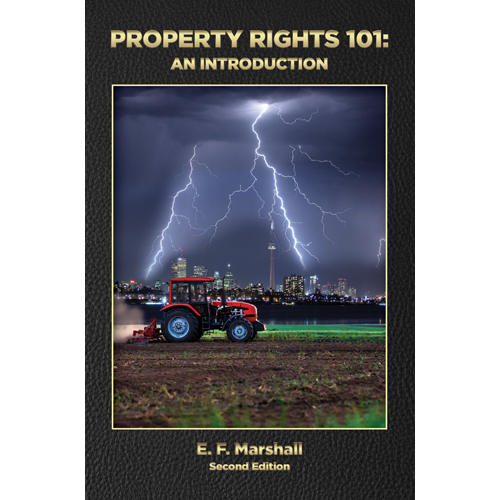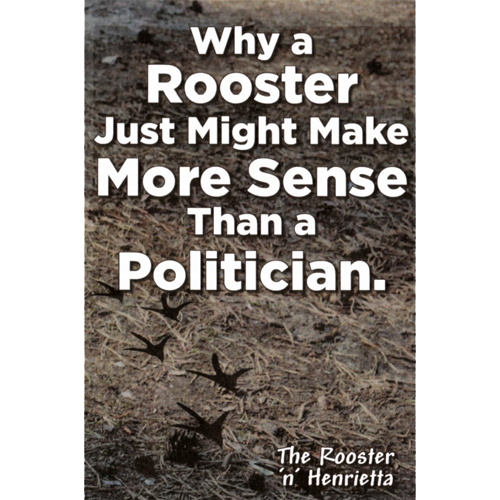To Lawyer or Not to Lawyer. That is the Question by Bob Pattison
- 2016-09-01
- By admin
- Posted in Latest News
How many of us have awoken in the middle of the night with a slight pain in our lower right abdomen? As brave men, although somewhat naive in the self-diagnosis department; we—ignore it.
Then in the middle of the following day we are disturbed by a more intense shock—paused grimace; it soon subsides. A month later—again, this time we double-over, wishing it would go away.
Three weeks after that—we can’t move. Our “I told you so…” and long-suffering wife packs us into the truck and 20 minutes later (after locating every pot-hole and would be dimple in the road) delivers us to a doctor who says: “Man—you’re lucky! It’s a good thing your wife got you here when she did–your appendix has to come out.” The doc gives us a choice: Either
1. Allow the medical professionals to alleviate the pain and save our lives by removing the organ—or,
2. Send us home so we can ask our cousin’s brother-in-law’s neighbour to loan us some advice and garden tools so we can practice a little kitchen-table surgery on our own.
What should we do, especially if we can save a few bucks in the process?
Seems like a silly question, with an obvious answer; but that’s exactly what many property owners do when accosted by Building Inspectors (minor pain) or By-law officers (major pain) or Conservation Officials (‘Okay—I quit’, pain). Be it appendix or property, the pain is not going to go away unless we perform surgery. We have to remove the gibbosity that poisons our otherwise peaceful lives.
In our own lifetime, we have gone from family doctors as general practitioners who stitched our wounds, set bones and delivered babies to highly specialized medical experts that diagnose accurately and perform less invasive procedures; saving lives and reducing convalescence.
Just as medicine has become specialized in modern times; the law is as much, if not more so.
As a matter of course, the law is recognized as being so specialized these days that the Law Society of Upper Canada, the governing body for lawyers and paralegals, defines a competent legal practitioner as someone: “…who knows general legal principles and procedures and the substantive law…for the legal services he or she provides.” Gone are the days of a lawyer acting for real estate and family and tort law from one desk. Now there’s dozens of specialties from corporate taxation to estate and municipal to administrative tribunal legal specialists.
Lamentably, life is far more complicated now; we live in an age when governments are writing laws at a feverous pitch making it impossible for well trained legal professional to stay on top of all the changes. Furthermore, it is unfair that governments who are elected by the people for the people, have come to rule over the people and impose laws that are of such volume and complexity that very few lay people could even begin to argue a case in court where even judges are assigned cases based on their field of expertise. Yet governments promote the notion we can perform our own surgery in the courts: the rules are made for the layman they claim; government officials are our friend; they are here to help. We believe them at our own peril.
For just one example, the Ontario Government writes: “The staff behind the counter at any Small Claims Court office are helpful.” This is true—all be it to a very limited degree. Will the helpful staff tell you about the Rules of Court? Will the Courts advise on how to file an Appeal or the process when a Municipality’s lawyer shows up with a motion to exclude evidence? What about the evidence you can have excluded because of numerous rules or the voluntariness of the statement you made in front of the uniformed by law officer? Maybe even having the judge throw out the case altogether because of a breach of your Charter rights?
Our legal system is an adversarial system based upon the concept that the discovery of truth is best left to adversaries that present the best arguments before an impartial arbiter—about law and how fact and evidence support the argument. Just like a surgeon who has completed scores of abdominal surgeries on others but would never do one on himself—so it is with the law.
“He who represents himself has a fool for a client.” Attributed to Abraham Lincoln.
How do we solve this dilemma of seeking justice in an increasingly complex legal system tilted away from the land owner and where government officials more frequently take liberties to invade every aspect of our lives including to roam across private land at will. As with any area of specialized knowledge, it is wise to call a professional.
Most legal practitioners are conscientious professionals and many offer an initial free consultation, but we need to provide them with something to work with. Health care professionals retain our medical files; so too legal practitioners need a clear understanding of the circumstances—both past and present. Costs are reduced and effectiveness enhanced by building and maintaining a well papered file. Keeping track of every encounter with government officials is a must. This includes asking government agents to provide every communication to you—in writing. If they refuse, keep notes of their refusal to do so and everything they say verbally—on the phone or face-to-face encounters.
Photographs are as powerful today as when George Eastman launched his first Kodak camera. The By-law officer reading your ‘No Trespassing’ sign? Take a pic. Conservation officer claiming she has a right to take pictures? Take a picture of her taking pictures. Trespass? Capture it on time/dated video or audio recordings. Evidence means everything.
If you need to hire a legal professional; read the engagement letter sent from him or her carefully. Re-read it. Ask questions if you don’t understand any part of the scope of work. The engagement letter provides details of what services will and will not be provided. Get an estimate but remember, going to trial is an expensive gamble and often times, the exact price for concluding the action successfully is unknown—to anyone. Proficient legal professionals will do everything he or she can to keep you from seeing the inside of a court room but the ultimate decision rests upon the client of how to proceed.
If you decide to go it alone, this is your right in our Canadian legal system, and many paralegals can limit their efforts by helping to file the paperwork; however once in court–the legal maneuverings of an experienced adversary can often box you in, making a success illusive and an appeal a very costly, if not impossible remedy.
So it’s wise to keep in mind, when the government shows up on your door-step or is found hiding in the rhubarb; it’s wise to establish a game plan from the beginning by talking to your legal health provider.
LSUC Rule 3.01 (4)
Many laws come in the form of Regulations which never see the floor of the elected legislatures.
http://www.attorneygeneral.jus.gov.on.ca/english/courts/guides/What_is_Small_Claims_Court_EN.html
Note: Bob Pattison; BA (MBA) holds a Diploma in Urban Land Economics (UBC) is a Project Manager & Quality Engineer and currently a paralegal student who will graduate in the spring of 2017. He intends to follow through with his law degree and continue writing for the OLA Magazine. These articles are for discussion purposes only and Mr. Pattison offers no legal advice. Should anyone have a general question about the Law, feel free to send a quick email to: rtp@hay.net; he’ll try to address those points of interest in another edition of The Landowner
Search:
Categories
Archives
- April 2024
- January 2024
- December 2023
- November 2023
- August 2023
- July 2023
- June 2023
- May 2023
- April 2023
- March 2023
- February 2023
- January 2023
- December 2022
- November 2022
- October 2022
- September 2022
- August 2022
- July 2022
- June 2022
- May 2022
- April 2022
- March 2022
- February 2022
- January 2022
- December 2021
- November 2021
- October 2021
- September 2021
- August 2021
- July 2021
- June 2021
- May 2021
- April 2021
- March 2021
- February 2021
- January 2021
- December 2020
- November 2020
- October 2020
- September 2020
- August 2020
- July 2020
- June 2020
- May 2020
- April 2020
- March 2020
- February 2020
- January 2020
- December 2019
- November 2019
- October 2019
- September 2019
- August 2019
- July 2019
- June 2019
- May 2019
- April 2019
- March 2019
- February 2019
- January 2019
- December 2018
- November 2018
- October 2018
- September 2018
- August 2018
- July 2018
- June 2018
- May 2018
- April 2018
- March 2018
- February 2018
- January 2018
- December 2017
- November 2017
- October 2017
- September 2017
- August 2017
- July 2017
- June 2017
- May 2017
- April 2017
- March 2017
- February 2017
- January 2017
- December 2016
- November 2016
- October 2016
- September 2016
- August 2016
- July 2016
- June 2016
- May 2016
- April 2016
- March 2016
- February 2016
- January 2016
- December 2015
- November 2015
- October 2015
- September 2015
- August 2015
- July 2015
- June 2015
- May 2015
- April 2015
- March 2015
- February 2015
- January 2015
- December 2014
- November 2014
- October 2014
- September 2014
- August 2014
- July 2014
- June 2014
- May 2014
- April 2014
- March 2014
- February 2014
- January 2014
- December 2013
- November 2013
- October 2013
- September 2013
- August 2013
- June 2013
- April 2013
- October 2012
- May 2012
- September 2011



